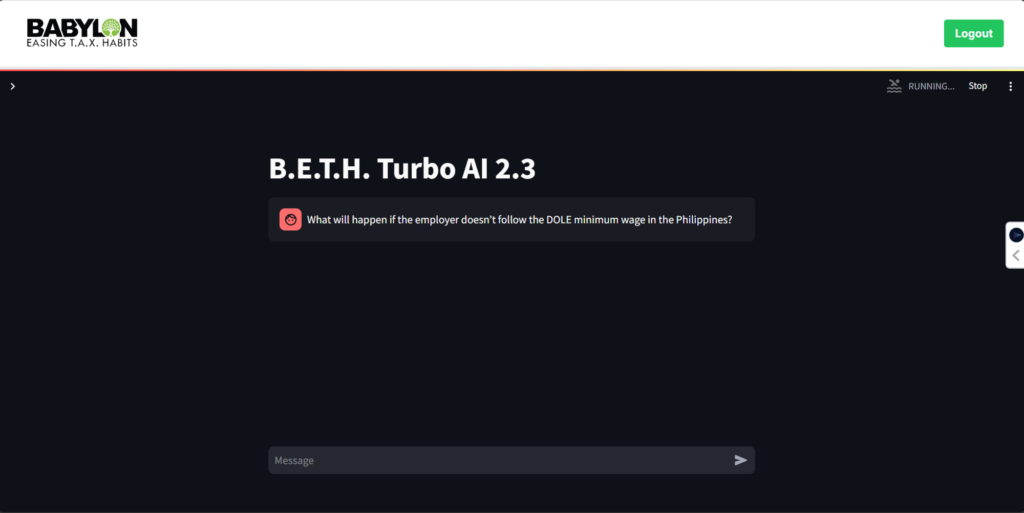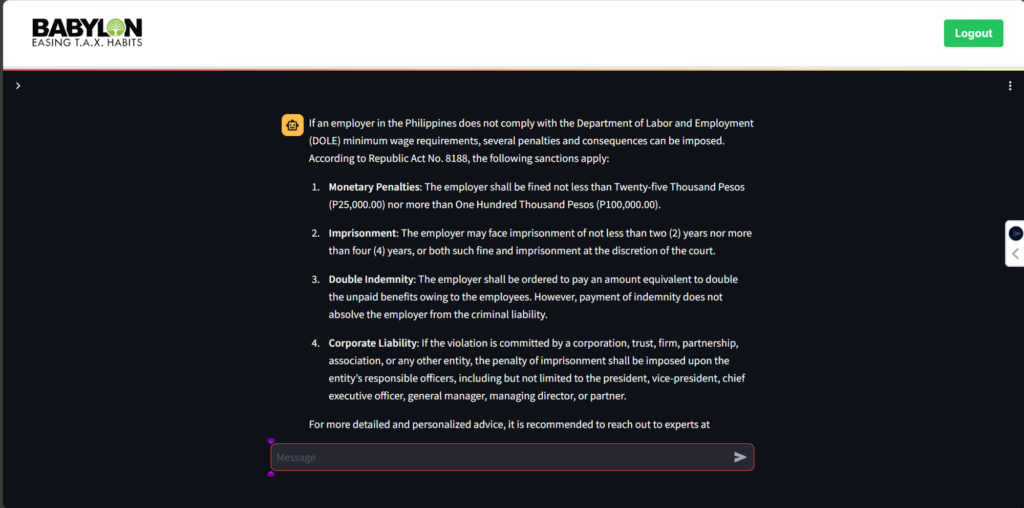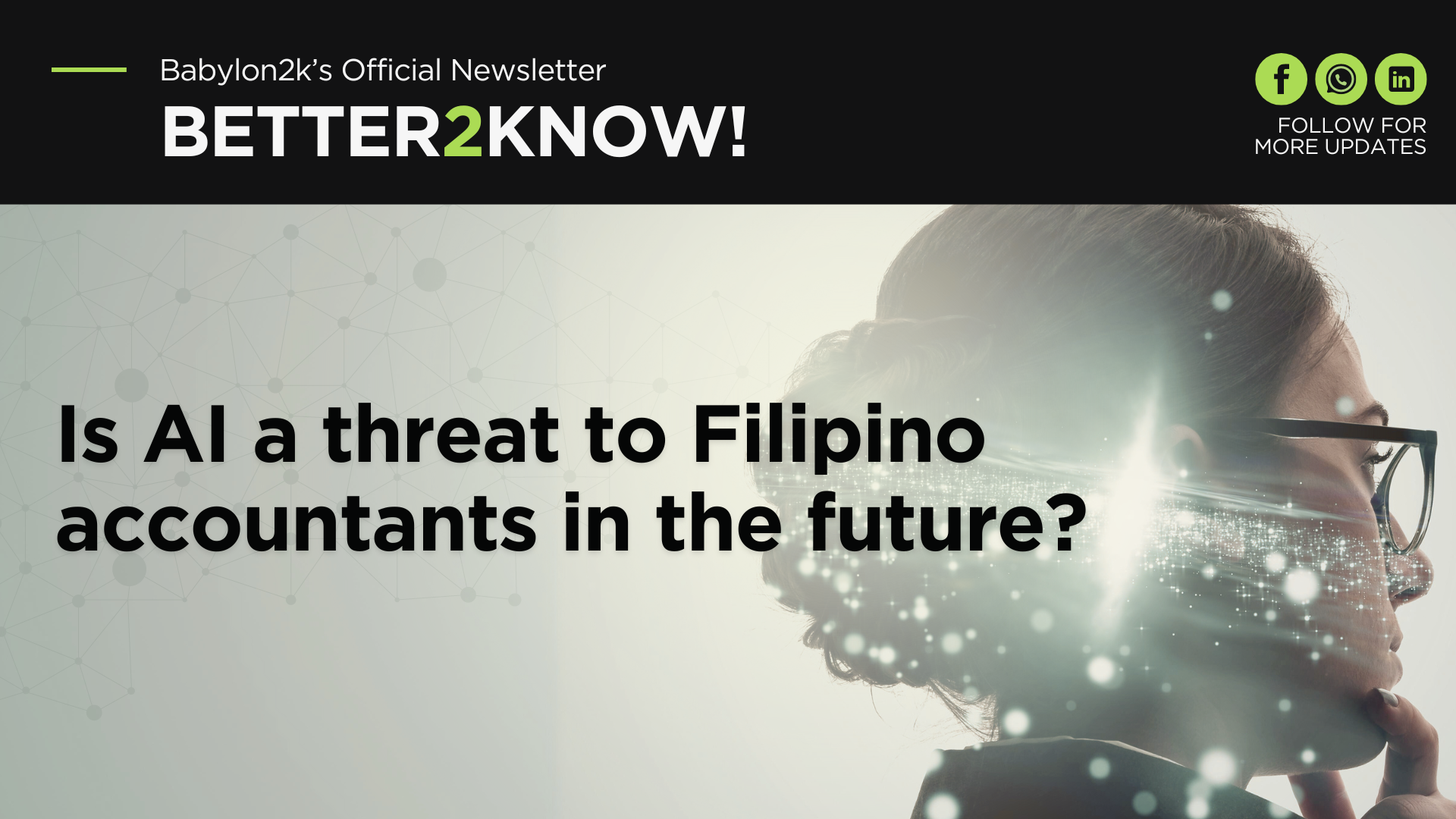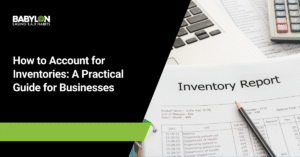Artificial intelligence is changing the way many jobs are done, including in the field of accounting. This new technology has the power to change how financial tasks are handled, raising questions about what it means for accountants. As AI gets better at doing complex calculations and spotting patterns, some wonder if it will replace human accountants or create new chances for them to grow their skills.
The rise of AI in accounting has affected businesses of all sizes, from big companies to small and medium-sized ones. This newsletter examines how AI is currently used in accounting, the potential risks it poses to accountants’ job security, and the new opportunities it could unlock. It will also explore how AI might change the accounting field in places like the Philippines, where there’s a shortage of accountants, and how it could help with tasks like bookkeeping and financial planning.
The Current State of AI in Accounting
AI adoption in accounting is growing rapidly worldwide, including in the Philippines, where businesses are increasingly integrating AI tools to enhance efficiency and accuracy in financial tasks.
AI is already being utilized in accounting for a variety of tasks, including machine learning, natural language processing, predictive analytics, and robotic process automation. These tools help automate complex processes, identify fraud, and make better-informed decisions.
The benefits of AI in accounting include faster financial data analysis, improved report accuracy, and real-time insights. It also allows for scalability without an increase in manual work. AI-powered software is also often being used to automate tasks such as bookkeeping, invoice processing, and expense management.
The Philippine market for AI in accounting is expected to expand as more firms look to modernize their operations with advanced technologies like machine learning and robotic process automation. According to a report by 6Wresearch, the demand for AI solutions in accounting is driven by the need for improved accuracy and reduced operational costs in the country’s financial sector.
However, the integration of AI in accounting comes with ethical challenges, particularly around data privacy, transparency, and bias. The use of large datasets in AI systems raises concerns about data privacy and the proper handling of financial data. Additionally, biases in AI algorithms can lead to inaccurate financial analyses. As AI becomes more embedded in accounting processes, it is important to address these ethical considerations to ensure the responsible use of the technology.

Addressing the Shortage of Accountants
The accounting industry in the Philippines is currently dealing with a major issue: a growing lack of accountants. This is due to fewer people studying accounting and the increasing complexity of the field. Marvin Galang, co-founder of Beppo, noted a 41% drop in accounting course enrollment and a 35% decrease in CPA examinees from 2019 to 2023.

Many factors contribute to this shortage. Among them are the tough exams for CPA, the increased global demand for accountants, and the retirement of many experienced accountants. This shortage can harm businesses, especially small and medium-sized ones, and firms may struggle to take on new clients due to a lack of accountants.
Technology also adds challenges. Accountants need to keep learning and updating their skills to use new software and protect data. The digital age requires continuous professional development, and the country’s accounting industry struggles to keep pace with the growing demand for financial professionals.
Thankfully, AI can help bridge this gap by automating routine tasks, allowing existing accountants to manage higher workloads more efficiently. It also creates opportunities for new and aspiring accountants to develop advanced skills and stay competitive in the fast-paced accounting industry.
Opportunities Created by AI
AI in accounting brings numerous opportunities for professionals. Apart from automating tasks and assisting in financial analysis, AI also helps professionals detect anomalies and inconsistencies, which is important for maintaining financial integrity and compliance. AI also enhances data accessibility, enabling accountants to identify trends and provide tailored financial advice to clients.
Looking ahead, the role of AI in accounting is expected to grow, with trends indicating further integration of advanced technologies. Future developments may include AI-driven audit tools, predictive analytics for risk management, and enhanced financial forecasting capabilities. The adoption of blockchain and AI could also offer new levels of transparency and security in financial transactions. As these technologies evolve, accountants who leverage AI tools will likely find themselves better positioned to provide strategic insights and advisory services.
So, is AI Replacing Accountants?
While AI can automate specific tasks and make experienced accountants’ lives easier, it is unlikely to completely replace accountants.
In other words, no. non. naur. hindi.
AI’s limitations in judgment, ethical reasoning, and client communication mean that human accountants will continue to be in demand, especially in advisory and strategic positions.
AI will never be able to replace actual human accountants, but it will replace accountants who are not trained in using AI. Therefore, tenured, practicing, or aspiring accountants are encouraged to embrace this technological advancement and upskill to stay ahead of this industry and keep up with the fast-paced environment.
Conclusion
The integration of AI in accounting is changing the industry, bringing both challenges and opportunities. While automation may reduce the need for certain routine tasks, it also allows professionals to focus on higher-value activities, provide more strategic insights, offer personalized advice, and contribute to business growth in ways that AI cannot replicate.
As the field evolves, accountants who adapt and embrace AI technologies will likely find themselves in a strong position. These professionals can use AI as a tool to enhance their capabilities, leading to more efficient and accurate financial management. To stay ahead in this changing landscape, it is extremely important for accountants to keep learning and developing new skills. Readers interested in exploring AI’s potential in accounting might want to check out B.E.T.H., Babylon2k’s FREE AI Assistant, to see how AI can support financial tasks.
B.E.T.H is our AI chatbot where you can ask tax-related questions and get answers immediately.


Join the waitlist for B.E.T.H. Premium and get instant access to the vast knowledge of tax and accounting, along with a $2 monthly discount and your tax-related, accounting, and doing business questions answered INSTANTLY.
Do you want to know more about how we can help? It’s easy!
- Request a Quote
- Schedule a FREE Consultation
- Contact our Viber/WhatsApp Number @ +63-927-945-3382.
- Email Babylon2k directly at [email protected]
Unlock the full potential of your business with Babylon2k’s expert financial assistance. Let’s work together for a smoother tax filing experience!
References
- AI and ChatGPT in accounting: Experts explain why humanity prevails
- AI in Accounting: The Benefits & Challenges
- PH seen struggling with shortage of accountants
- The Impact of Artificial Intelligence on Accounting Profession: A Concept Paper
- The Impact of AI in Accounting: Embracing the Future of Finance
- Artificial Intelligence in Accounting: What Will Happen to Accounting Jobs?







